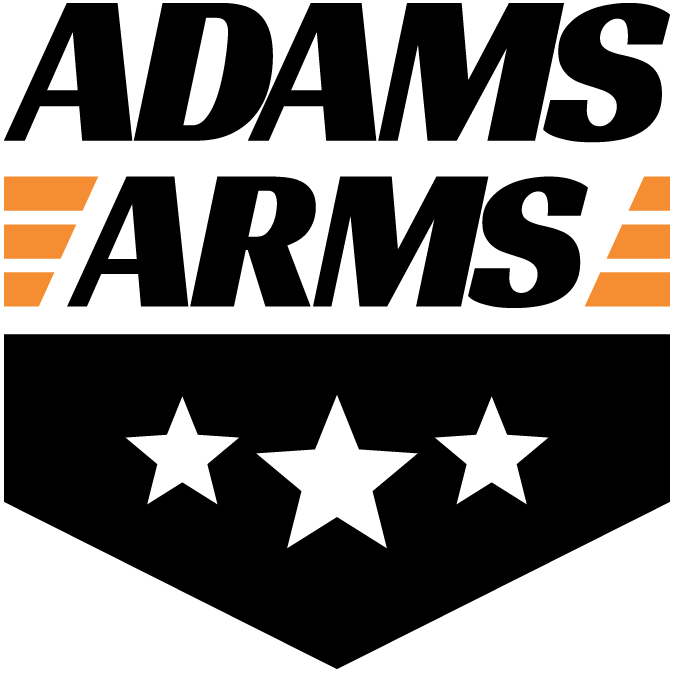What do you look for in a home defense firearm? Maneuverability? Compactness? Stopping power? Whenever the topic of what kind of firearm you should use for home defense comes up, there is a lot of debate and arguments on which type of firearm is the best. Well I’m not here to argue with you, this is just an article to go over some considerations that should be taken in order for you to make the best decision for your home defense plan.
Pistol
Pistols are small and convenient. They are easy to carry on your person and can be concealed if necessary. Pistols also only require the use of one hand which can come in “handy” while opening doors, flipping on lights, dialing 911 etc. On the downside, compared to a shotgun or a rifle, a pistol is less effective as a “stopper”. That is not to say that they cannot stop someone, they are just less effective than a shotgun or rifle. They tend to be harder to aim and hit on target in contrast to a shoulder-fired gun.
Shotgun
As an effective stopper, shotguns are often used as a home defense firearm. In many cases, a shotgun is a more cost effective option than its opponents which can be important for a person on a budget. The shoulder-fired system delivers good accuracy and can be quite intimidating with its large bore. At close distances (like in a house) the spread of a buckshot is pretty tight which is important when you are responsible for the projectiles that do not hit target. Disadvantages would include using the wrong ammunition like birdshot which has been proven to be a poor stopper, the heavy recoil which affects follow up shots, and the slow reload time.
Rifle
Gaining in popularity as a favored home defense firearm, the rifle has the stopping power and increased rounds available to protect your family during a home invasion. Like the shotgun, the rifle is a shoulder-fired system which helps with increased accuracy. Unlike the shotgun, the rifle normally has better sights and is magazine fed for easier and faster reload. With a basic 30 round magazine, you can get off more shots before worrying about reloading compared to both a pistol and shotgun which is good in a stress situation. One of the main disadvantages is cost. You have to consider how much you are willing to spend because a rifle can be expensive. Also, a rifle has the power to cause a lot of damage in a home.
With any gun, there are probably going to be rounds that miss their intended target and continue to travel. Know your backdrop and what is behind it. Create a safety word for your family and when that word is said they should know what to do and where to go so that you know where they are in the home (preferably on the ground tucked in a closet or corner). There are rounds such as the Glaser Safety Slug that may be a good option for your home defense plan. These rounds are designed to be reliable when feeding and reloading, minimize concerns for over penetration and ricochets on hard surfaces, as well as provide good close quarter security.
The point of this article is to present some considerations that a person should think about when building a home defense plan and choosing a home defense firearm. No matter what kind of firearm you choose for your home defense, you will need training on how to use it, practice using it, and have a plan to use it. It really doesn’t matter which gun you choose as long as you can capitalize on its advantages and take under consideration its limitations.

